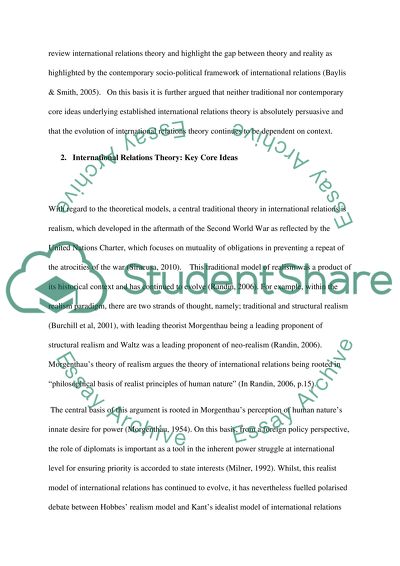Cite this document
(“International Business Coursework Example | Topics and Well Written Essays - 2500 words”, n.d.)
Retrieved from https://studentshare.org/finance-accounting/1412142-international-business
Retrieved from https://studentshare.org/finance-accounting/1412142-international-business
(International Business Coursework Example | Topics and Well Written Essays - 2500 Words)
https://studentshare.org/finance-accounting/1412142-international-business.
https://studentshare.org/finance-accounting/1412142-international-business.
“International Business Coursework Example | Topics and Well Written Essays - 2500 Words”, n.d. https://studentshare.org/finance-accounting/1412142-international-business.


